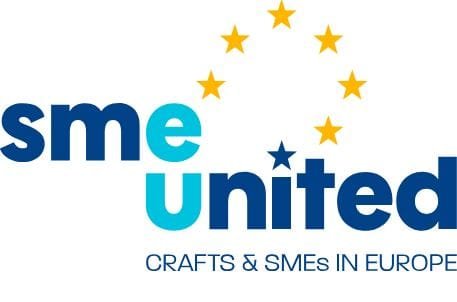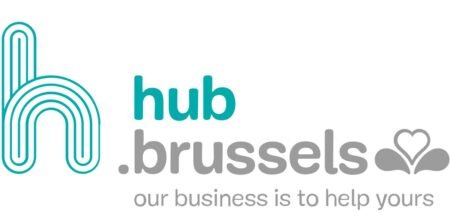The European Water Resilience Strategy must empower SMEs to be more water-efficient. By applying the “Think First Small” principle, the strategy should acknowledge the specific challenge of the smallest companies and provide them with the necessary incentives and support tools to effectively address critical pressures on Europe’s freshwater ecosystems.

In a bid to create a water resilient and water-smart economy in Europe, today the European Commission adopted its awaited EU Water Resilience Strategy. This non-legislative strategy outlines 30 actions to restore the broken water cycle, ensure clean and affordable water and sanitation for all, build a circular water-wise economy.
Anchored in ‘Water Efficiency First’ principle, the strategy prioritises water reuse and demand-side management. With 49% of SMEs already adopting sustainable water practices, SMEunited urges the strategy to provide stronger financial and technical incentives, delivered through inclusive, proportionate and context-specific measures. To this end, we recommend the following actions to guide the next steps:
- Encourage innovation in water efficiency, prioritise ecosystem based solutions and provide SMEs with flexible, sector-specific demand-side targets.
- Apply a proportional application of the polluter pays principle, ensure SMEs have access to safe and affordable substitutes, and set discharge guidelines.
- Include dedicated SME support channels within existing financial instruments, strengthen real-time warning systems, and ensure accessible climate risk mapping tools.
Key measures announced by the Commission include:
- Set a target to improve water efficiency by at least 10% by 2030.
- Mobilise €15 billion via the European Investment Bank for water resilience.
- Launch structured dialogues to assess climate risks and protect water infrastructures.
- Enforce the polluter-pays principle, back PFAS ban in consumer goods, and scale clean-up via public-private partnerships.
- Establish a global water agenda for cross-border water cooperation.
- Boost digitalisation and innovation.
To be effective, the Strategy’s rollout and monitoring must respect subsidiarity, grounding actions in local realities and empowering SMEs to innovate in water efficient solutions.








